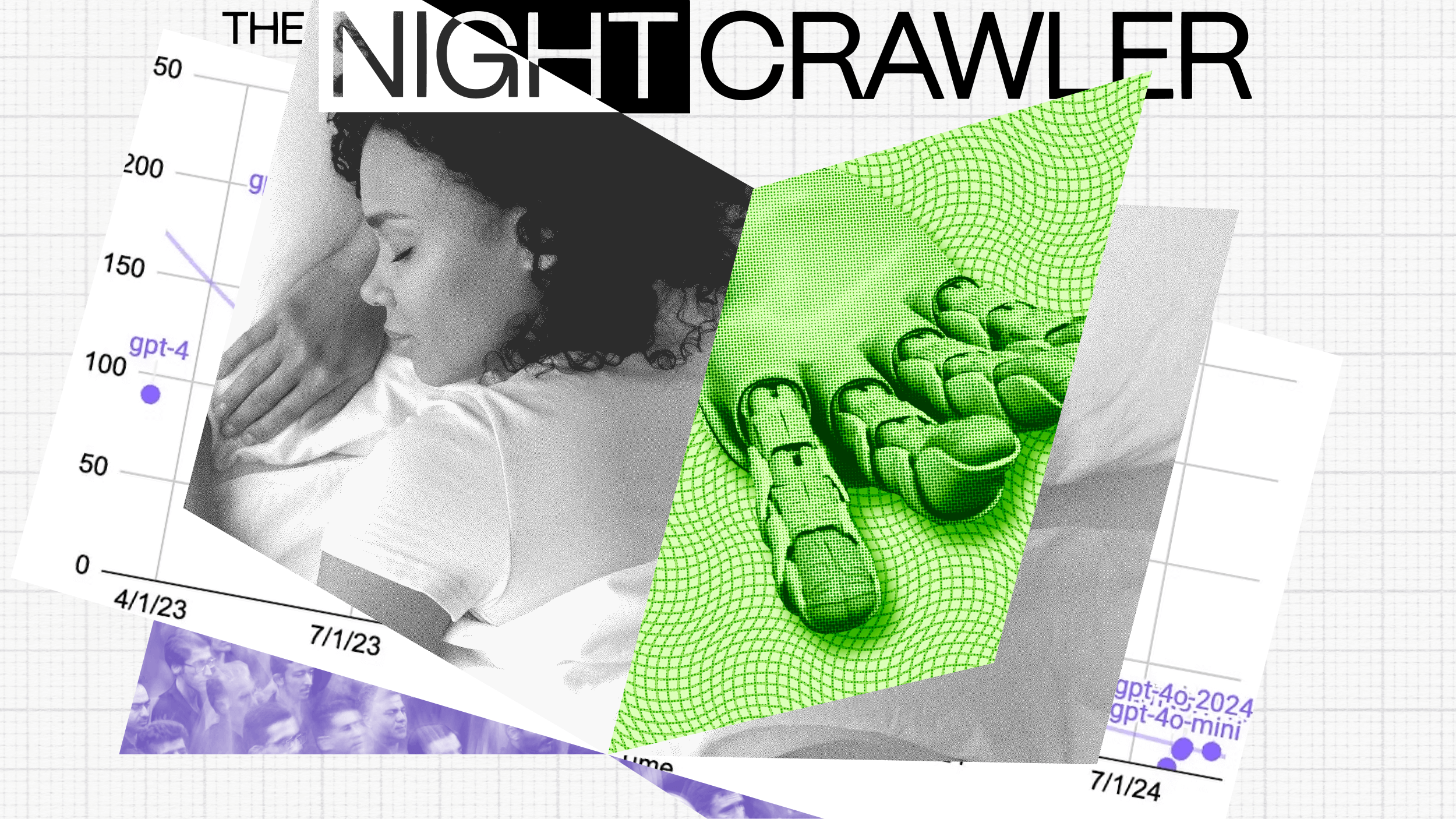Annette Gordon-Reed read about Jefferson in the third grade but noticed something missing from the narrative.
Question: What was your first exposure to Jefferson?
Gordon-Reed: Well, my first exposure to Jefferson was when I was in the 3rd grade. I read a biography of Jefferson, the child’s biography of Jefferson and it was a series, part of a series, you know, Dolley Madison, George Washington cover that kind of thing that sort of teach early civic lessons to a young kid.
Question: Was the biography accurate?
Gordon-Reed: Well, sure and you know, in terms of where he was born and all those kind of things that had along with it a story about and a slave boy, he was supposed to be Jefferson same age and there was this sort of contrast between Jefferson the bright and energetic, curious person and the enslaved boy who was kind of lazy and playful, you know, he wanted to go fish and do things while Jefferson all wanted to get back to his books. So it wasn’t an accurate portrayal to me. I saw this is a sort of sending a message here about the central nature of Jefferson but also the central nature of black people, because of all the things, you know, you could have told us story about a boy who the tragedy of the fact that he didn’t get to go to the school, but it was all, it was very opposite, they were presented as opposites, black and white, Jefferson and this enslaved person. So, you know, it told an accurate story in terms of the sort of reference points of Jefferson’s life when he was born and so forth, but not really the nature of southern slaves society or black people, really.





